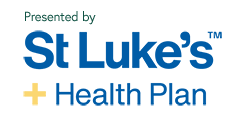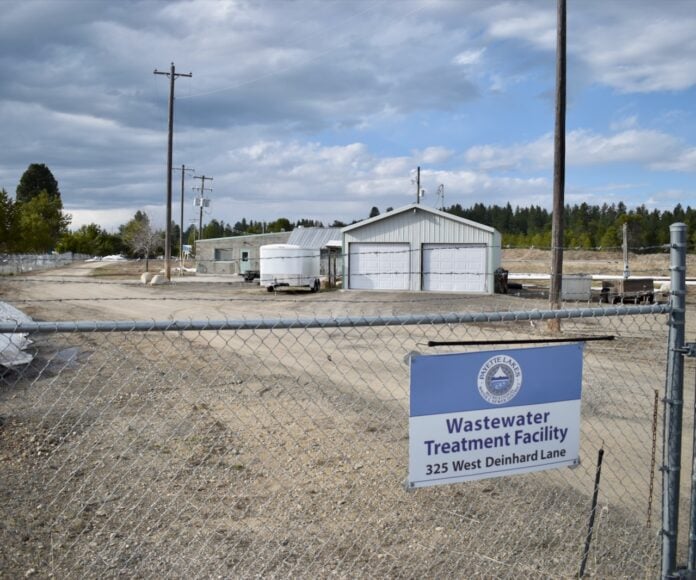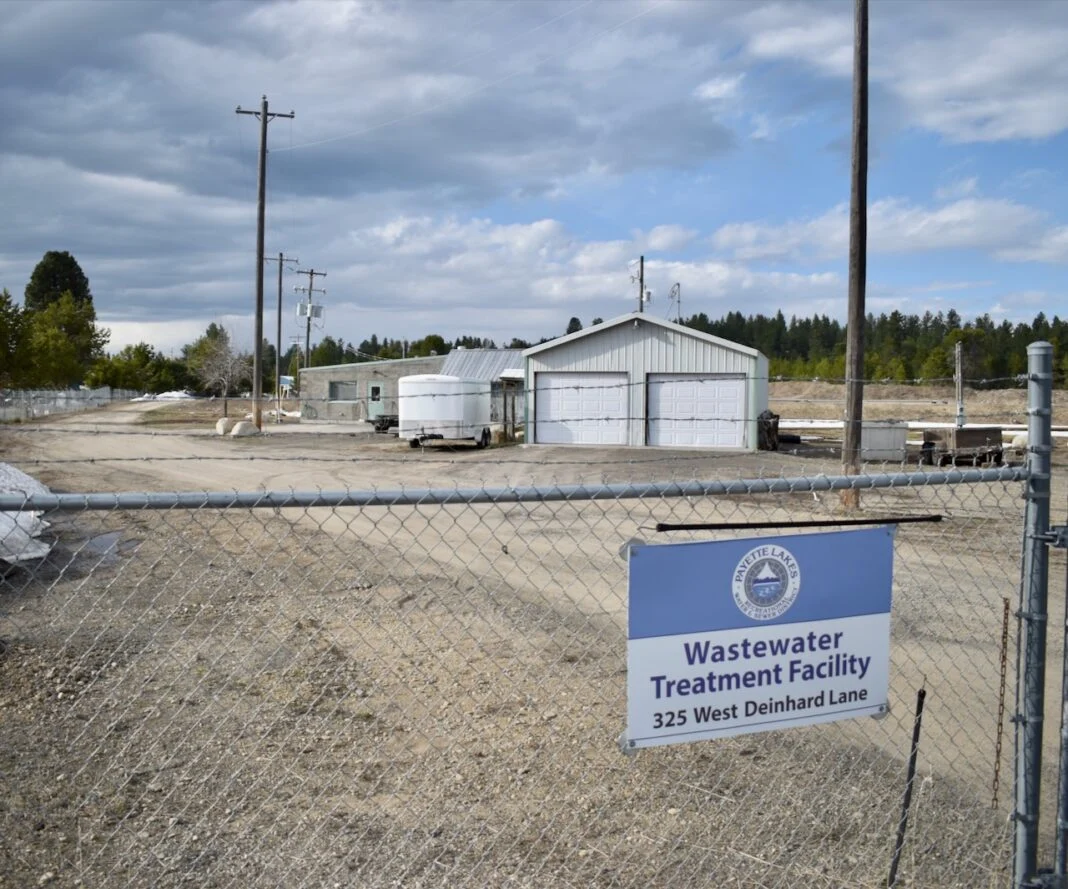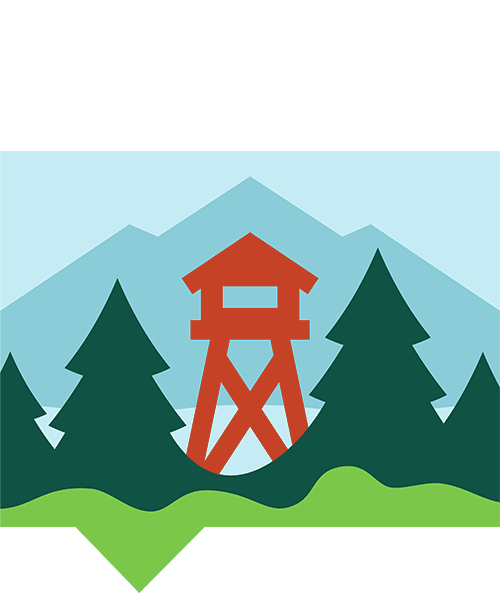If you live in McCall, you may have noticed a steeper sewer bill this month than you’re accustomed to. Roughly 25% steeper, to be exact.
The increased rates are the result of a $7 million bond issue approved in May by patrons of the Payette Lakes Recreational Water and Sewer District, which owns and operates the sewer system serving McCall.
Most residents will see monthly sewer bills rise from about $55 currently to $68, or by about 24%.
The increase is expected to net the district about $947,000 more per year, much of which is needed for debt payments on the bond issue, which will fund improvements to the sewer system.
“We are setting ourselves up for when we take out the bond next spring for the best possible interest rate,” Business Manager Tammie Richardson said. “We need to show we can make the payment.”
Monthly sewer rates paid by homes and businesses in McCall currently raise about $3.8 million per year, making the sewer district’s primary funding source. That number will rise to about $4.7 million per year under the rate increase, Richardson said.
The sewer district’s rate structure includes an added charge based on square footage that increases by about $14 per 1,000 square feet. A 9,500-square-foot home would pay about $178 per month, under the new rates, compared to about $96 per month for a 3,200-square-foot home.
Rate hikes expected after bond approval
The sewer district knew the rate increases would be needed if voters approved the bond, but warned that steeper rate increases would be necessary if the bond failed, as Valley Lookout reported.
The rate increases were recommended by Michael Keith of Zions Bank, the district’s municipal loan advisor.
The $7 million bond, which is to be repaid over 20 years, will help the sewer district fund an $11 million slate of work, most of which is at the wastewater treatment plant on Deinhard Lane.
Leaking pond liner
The main project involves replacing a leaking liner on a 268-million-gallon storage pond on the south side of Deinhard Lane.
The pond stores wastewater after it has been treated in a series of three treatment ponds on the north side of Deinhard Lane. The treated wastewater is pumped to farmland south of McCall and used for irrigation in what is known as the district’s re-use system.
The leaks are collected into a drain system beneath the pond that also collects natural groundwater. The water then pours out of a pipe into wetlands near the North Fork Payette River.
In total, the underdrain discharges between 17 million and 20 million gallons of water per year, though it is unknown how much of that is groundwater, according to district officials.
 The 268-million-gallon pond on the south side of Deinhard Lane as seen in April. Photo: Drew Dodson/Valley Lookout.
The 268-million-gallon pond on the south side of Deinhard Lane as seen in April. Photo: Drew Dodson/Valley Lookout.
Phosphorus and nitrates are the main pollutants associated with treated wastewater. The nutrients act as fertilizer on the farmland where the wastewater is used to irrigate, but in the river, they can fuel toxic algal blooms on Lake Cascade.
The district is required by the Idaho Department of Environmental Quality to fix the leak, although the district estimates the pond’s underdrain currently contributes less than 1% of the phosphorus in the lake.
Without donors like you, this story would not exist.
Make a donation of any size here
The liner project has not yet been bid because the district is awaiting final approval from DEQ.
Deep Dive: Leaking sewage lagoon in McCall prompts questions on algae blooms. But water managers say it isn’t the cause
Treatment plant
Bond money will also fund the replacement of aging equipment at the wastewater treatment plant on the north side of Deinhard Lane.
That includes replacing an aeration system that feeds oxygen into a series of three treatment ponds on the north side of Deinhard Lanes. The oxygen feeds bacteria that break down solid waste. That system is currently as much as 50 years old and has been failing in recent years.
Sludge accumulated at the bottom of two of the ponds would also be removed as part of the work, improving capacity and the efficiency of the treatment process.
The sewer district took control of the treatment plant in 2017 from the City of McCall following a consolidation vote. The former city sewer system was also absorbed into the district.
The sewer system serves nearly 5,000 customers in McCall and around Payette Lake. It has 122 miles of pipeline and more than 40 pumping stations.






